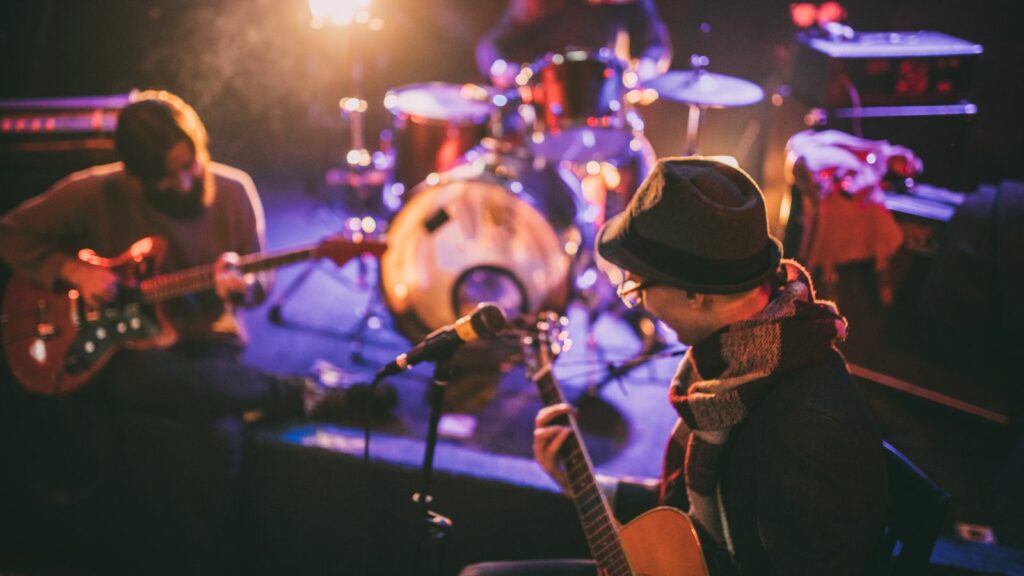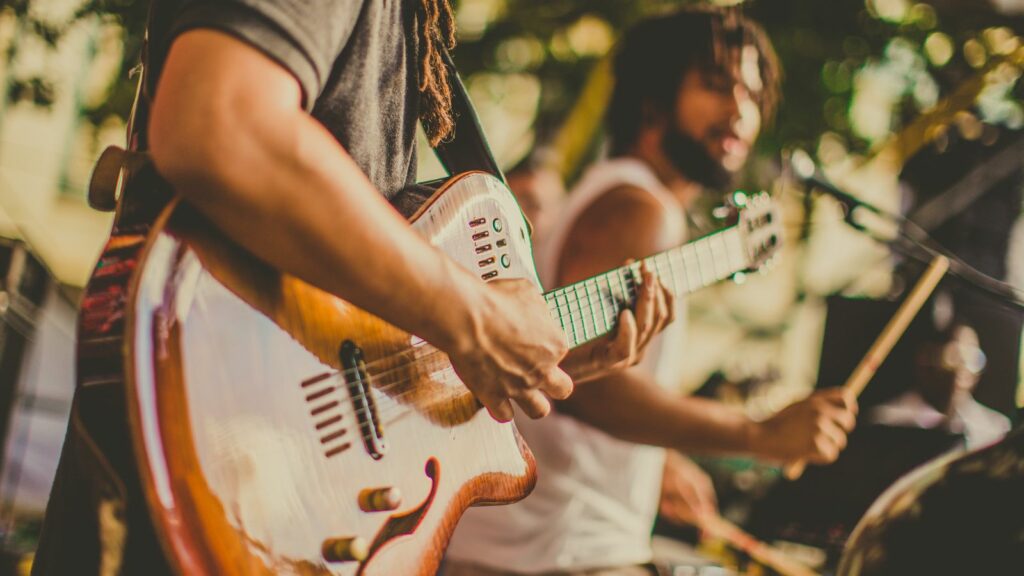Immerse yourself in the vibrant rhythms and melodies of Haiti, a country whose music is as rich and diverse as its culture. From the pulsating beats of Kompa to the spiritual chants of Vodou music, Haiti’s musical landscape is a captivating blend of African, French, and Caribbean influences.
Haitian Music Genres
Haitian music genres roots tie directly to Europe, Africa, and its own Caribbean lineage. A closer inspection provides an enlightening perspective on these influences and the emergence of unique music genres in Haiti.

Haitian music genres, undeniably, brims with imprints from Africa and Europe. African influence emphasizes rhythm and drums, observable in the beats and pacing of many Haitian songs. The Haitian drumming tradition, for instance, bears resemblance to various African cultures, indicating a direct link in heritage. Similarly, from Europe, especially France, came the melodies and harmonies. French influences shine through in song structures and choral compositions, which have been subtly integrated into Haitian music.
Haitian music contributed to the emergence of numerous unique genres over time. Most notable are Kompa, derived from French compas direct, and Rara, a genre deeply associated with religious celebrations. Vodou music, directly tied to Haitian religious practices and spirituality, also promptly emerged, expressing the essence of Haitian culture expressively. These genres signify the harmonious blending of different cultural influences, resulting in a rich Haitian musical panorama.
Traditional Haitian Music Genres

Originating from the vibrant Haitian carnival culture, Rara encapsulates the excitement of street parades. It’s characterized by vibrant, upbeat rhythms, primarily driven by a range of homemade instruments, from bamboo trumpets to metal percussion. This genre thrives during the carnival season – typically during Lent – punctuating cityscapes with vibrant sounds that intermingle with the spectacle of parades. Prominent examples of Rara music ensembles include Brotherhood Rara, Rara Machine and RAM, who bring the carnival atmosphere to life with their infectious renditions.
On the dance floors across Haiti and throughout its diaspora, Compas music reigns supreme. With its smooth rhythms and infectious melodies, Compas reflects a perfect balance of traditional Haitian music blended with modern influences. Often featuring syncopated beats blended with a lively brass section and rhythmic guitar lines, Compas encourages movement and speaks to Haiti’s enduring love of dance.
Exploring Vodou Music and Its Importance
The Role of Vodou in Haitian Music
Vodou music, entrenched in Haiti’s spiritual practices, acts as a sonic conduit for communicating with the divine. Instruments like the drums, known as tanbou, and the rattle, termed as ogan, are integral to the genre, creating intense, trance-inducing rhythms. These rhythms, often mimicking heartbeats, symbolize the connection between the physical and spiritual world.
Chants, varying from simple melodies or polyphonic structures, form an essential aspect of Vodou music. Their text, often in Haitian Creole, includes both religious and secular themes, notably the interaction with “lwa” or spirits, recounting ancestral tales, conveying societal norms, or expressing emotions related to love, sorrow, and joy.
Symbolisms and Meanings Behind Vodou Songs

Vodou songs, rich in metaphoric expressions, often harbor profound meanings that extend beyond the literal interpretation. Certain hymns invoke venerated spirits, each correlating to specific beats, chants, and dances. For example, songs for spirit “Ezili Freda,” associated with beauty and love, often showcase minor key tonality and slow tempo, reflecting the spirit’s sophistication and grace.
Simultaneously, Vodou songs also narrate historical events, societal structures, and moral values. It’s observed that one song might be providing an allegorical account of a historical event while simultaneously teaching a moral lesson or conveying a spiritual message.
In essence, Vodou music stands as a vibrant, intricate tapestry woven by numerous cultural threads. Each song is a capsule, preserving and transmitting Haitian history, spirituality, and identity. Thus, the importance of Vodou music extends well beyond the realm of entertainment, reflecting the cultural heartbeat of the Haitian people.
Distinct Rhythms
Haitian music genres diverse landscape, as the article reveals, is a testament to the country’s rich cultural heritage. It’s a melting pot of African, French, and Caribbean influences, creating unique genres like Kompa, Rara, and Vodou music. Each genre, with its distinct rhythms and melodies, tells a story of Haiti’s past and present.

